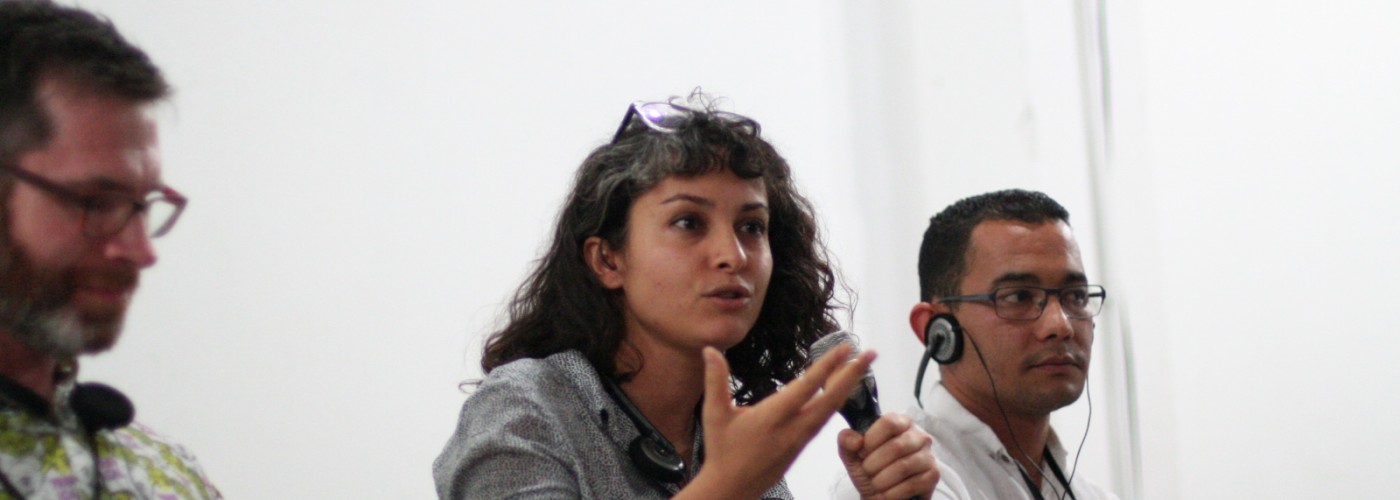You can download the arabic version of the programme here.
| 23:30 | 18 |
|
| 23:30 | 18 |
| 11:00 | 18 |
|
| 11:00 | 18 |
|
| 12:00 | 19 |
|
| 12:00 | 19 |
|
| 14:15 | 21 |
|
| 14:15 | 21 |
|
| 15:00 | 18 |
|
| 15:00 | 18 |
|
| 16:00 | 19 |
|
| 16:00 | 19 |
|
| 17:40 | 18 |
|
| 17:40 | 18 |
|
| 18:50 | 19 |
|
| 18:50 | 19 |
|
| 21:45 | 18 |
|
| 21:45 | 18 |
|
| 22:30 | 21 |
|
| 22:30 | 21 |
| 00:00 | 18 |
|
| 00:00 | 18 |
|
| 12:00 | 19 |
|
| 12:00 | 19 |
|
| 13:45 | 21 |
|
| 13:45 | 21 |
|
| 14:15 | 18 |
|
| 14:15 | 18 |
|
| 15:15 | 18 |
|
| 15:15 | 18 |
|
| 16:15 | 19 |
|
| 16:15 | 19 |
|
| 18:00 | 19 |
|
| 18:00 | 19 |
|
| 22:30 | 21 |
|
| 22:30 | 21 |
| 00:30 | 18 |
|
| 00:30 | 18 |
|
| 12:00 | 19 |
|
| 12:00 | 19 |
|
| 13:45 | 19 |
|
| 13:45 | 19 |
|
| 15:15 | 18 |
|
| 15:15 | 18 |
|
| 16:15 | 19 |
|
| 16:15 | 19 |
|
| 17:30 | 21 |
|
| 17:30 | 21 |
|
| 18:00 | 19 |
|
| 18:00 | 19 |
|
| 22:30 | 21 |
|
| 22:30 | 21 |
| 00:00 | 18 |
|
| 00:00 | 18 |
|
| 13:00 | 21 |
|
| 13:00 | 21 |
|
| 13:30 | 21 |
|
| 13:30 | 21 |
|
| 14:00 | 19 |
|
| 14:00 | 19 |
|
| 15:00 | 21 |
|
| 15:00 | 21 |
|
| 15:30 | 18 |
|
| 15:30 | 18 |
| 12:00 | 22 |
|
| 12:00 | 22 |

